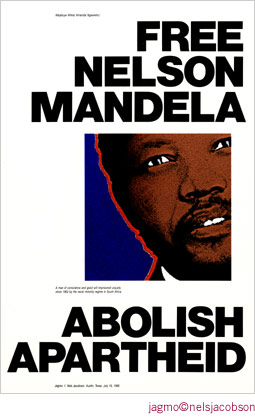
The definition of Glasnost is the declared public policy within the Soviet Union of openly and frankly discussing economic and political realities: initiated under Mikhail Gorbachev in 1985. Perestrokia was an economic and political reform in the USSR which occurred during the Russian Revolution. Upon being elected Gorbachev followed and pursued his own ideas. He followed his own ideas and demonstrated what a real government should be while straying away from Stalins ideas. Russia's history was ran by totalitarian rulers Gorbachev represented a turning point because he didn't follow this way of government. In 1985 he announced a glasnost, this marked a turning point because churches were opened, books were published and freedom of the press rised. Perestrokia was another policy Gorbachev brought to the Russian economy. This policy allowed people to own their own small businesses which weren't owned buy the government. This in a way marked the end of Communism, it proved that Communism wasn't affective and small businesses were needed for the success of the economy. He also introduced democratization, this allowed people to elect their own national leader through a list of candidates. Mikhail Gorbachev was one of the first leader who slowly strayed away from communism.He opened up the economy and allowed for positive change in Russia.

